Academy Overview
This program helps participants develop data science skills that can be applied to environmental science research, broadly defined as encompassing environmental, climate, earth sciences and ecology. It also helps participants develop strategies for integrating data science into their grant applications, work effectively with data scientists, and build new collaborations.
Topics
- Review of linear algebra and probability; Introduction to estimation and inference; Basic regression analysis; Considerations for experimental design; Functional data analysis; Introduction to High-Performance Computing.
- Basics of Machine Learning (ML); Supervised ML methods; Unsupervised ML methods; Causal inference.
- Generalized Linear Model; Generalized Estimating Equations; Multilevel regression; Nonparametric regression; Factor analysis; Dimension reduction regression.
- Bayesian models; Computational algorithms; Spatial statistics; Time series analysis.
- (with guest speakers) Examples of environmental science research projects with data science methods; Developing research ideas and selecting appropriate data and analytical methods (all participants are welcome to present their research ideas and receive coaching from the instructors).
Academy Details
- Certification of completion
- Ability to work on a breadth of data science topics with data science experts as collaborators
- Skills to abstractly consider data science solutions and apply them to environmental problems
We sent payment instructions along with acceptance decisions.
- $3,000 for external participants (30% discount for U-M Alums)
- Thanks to support from the University, we are able to offer a reduced price of $100 for U-M personnel and students
This academy workshop is open to all U-M and external environmental scientists, but the content is geared towards junior faculty members and those from the public and private sector who are interested in learning about incorporating data science into their research.
>14 days before the first day: full refund minus $50 processing fee
Cancellation between 7 and 14 days of the first day: 50% refund
Less than 7 days: no refund
College-level math or statistics. No previous coding experience is required.
Students are expected to bring a laptop for programming components of the workshop.
Instructors
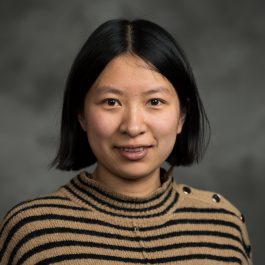
Yang Chen
Assistant Professor of Statistics
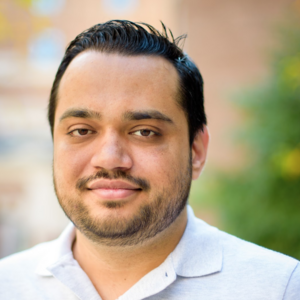
Paramveer Dhillon
Assistant Professor,
School of Information

Xun Huan
Assistant Professor,
Mechanical Engineering
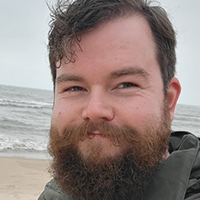
Ken Reid
Data Scientist, MIDAS
Coordinator
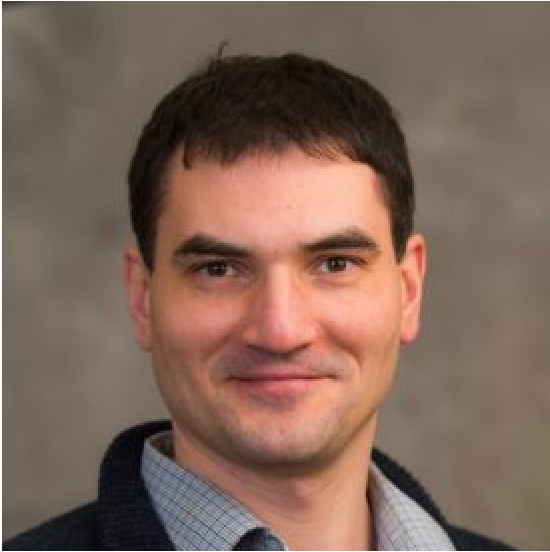
Stilian Stoev
Professor,
Department of Statistics
Guest Speakers
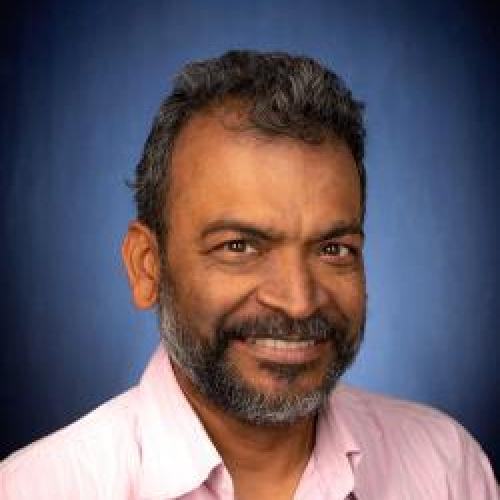
Arun Agrawal
Professor,
School for Environment and Sustainability

Runzi Wang
Assistant Professor,
School for Environment and Sustainability

Kai Zhu
Associate Professor,
School for Environment and Sustainability
Academy Schedule
*Session dates and times may be subject to change
8:30am – 9:00am : Session 1: Breakfast, Introduction
9:00am – 10:30am : Session 2: Intro, Linear Algebra and Probability Review (Xun Huan)
10:30am – 10:45am : Break
10:45am – 12:00pm : Session 3: Over of Estimation and Inference, Sampling (Xun Huan)
12:00pm – 1:00pm : Lunch Break
1:00pm – 2:30pm : Session 4: Introduction to Machine Learning: Basics (Paramveer Dhillon)
2:30pm – 2:45pm : Break
2:45pm – 4:30pm : Session 5: Introduction to Machine Learning: Supervised Machine Learning (Paramveer Dhillon)
8:30am – 9:00am : Session 1: Breakfast, Introduction
9:00am – 10:30am : Session 2: Design of Experiments 1 (Xun Huan)
10:30am – 10:45am : Break
10:45am – 12:00pm : Session 3: Design of Experiments 2 (Xun Huan)
12:00pm – 1:00pm : Lunch Break
1:00pm – 2:30pm : Session 4: Introduction to Machine Learning: Unsupervised Machine Learning (Paramveer Dhillon)
2:30pm – 2:45pm : Break
2:45pm – 4:30pm : Session 5: Introduction to Machine Learning: Deep Learning (Paramveer Dhillon)
8:30am – 9:00am : Session 1: Breakfast, Introduction
9:00am – 10:30am : Session 2: Bayesian toolkits for practitioners (Yang Chen)
10:30am – 10:45am : Break
10:45am – 12:00pm : Session 3: Networking Group Session – Talk about your research
12:00pm – 1:00pm : Lunch Break
1:00pm – 2:30pm : Session 4: Time series analysis – ABCs (Yang Chen)
2:30pm – 2:45pm : Break
2:45pm – 4:30pm : Session 5: Ethical AI for Environmental Scientists (Ken Reid)
8:30am – 9:00am : Session 1: Breakfast, Introduction
9:00am – 10:30am : Session 2: Geospatial Data Analysis (Stilian Stoev)
10:30am – 10:45am : Break
10:45am – 12:00pm : Session 3: Geospatial Data Analysis (Stilian Stoev)
12:00pm – 1:00pm : Lunch Break
1:00pm – 2:30pm : Session 4: Handling missing data: Do’s and Don’ts (Yang Chen)
2:30pm – 2:45pm : Break
2:45pm – 4:30pm : Session 5: Geospatial Data Analysis (Stilian Stoev)
8:30am – 9:00am : Session 1: Breakfast, Introduction
9:00am – 10:30am : Session 2: Introduction and overview of Generative AIs (Ken Reid)
10:30am – 10:45am : Break
10:45am – 12:00pm : Session 3: Guest Speaker (Arun Agrawal)
12:00pm – 1:00pm : Lunch Break
1:00pm – 2:30pm : Session 4 : Region-wide Grassland community shifts driven by Climate Change (Kai Zhu)
2:30pm – 2:45pm : Break
2:45pm – 4:30pm : Session 5 : Data Science Approach Towards the Investigation of Stream Water Quality in the Socio-Environmental System (Runzi Wang)
Follow-up Sessions
Follow-up sessions were offered to help attendees develop the data science components of their grant proposals and connect with collaborators.
Questions? Contact Us.
For questions, please contact MIDAS Data Scientist and session coordinator Ken Reid ([email protected]).